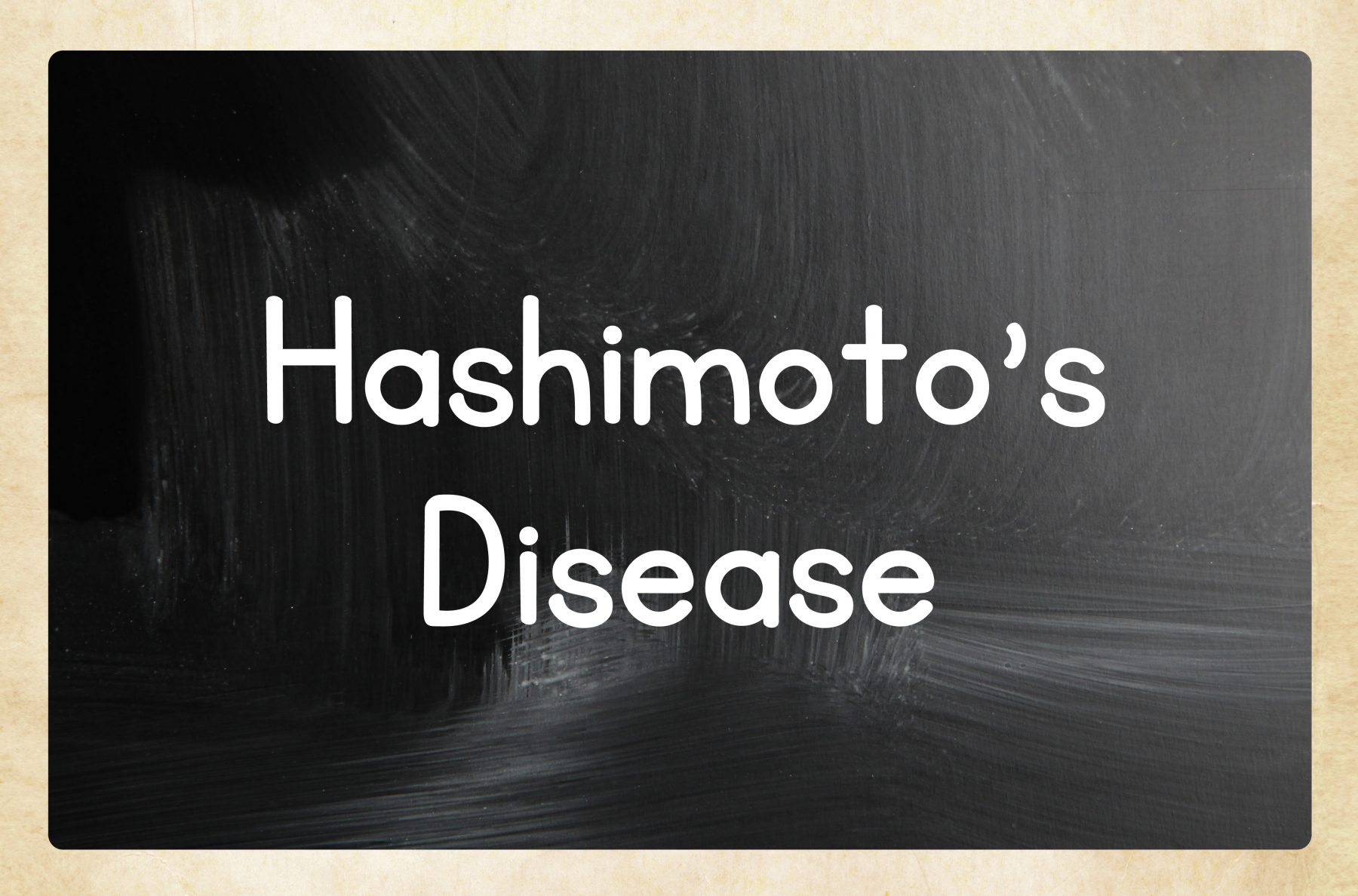
EP 20: Hashimoto’s and the Root Cause of Hypothyroidism
In this episode, Dr. Agolli and Dr. Burdette conclude the series on hypothyroidism:
- What is the root cause of hypothyroidism?
- What is Hashimoto’s?
- Dispelling the myth that Hashimoto’s cannot be treated.
- The treatment protocol for Hashimoto’s.
- The impact your diet has on Hashimoto’s and your thyroid function.
Hypothyroidism is a disorder of the endocrine system in which the thyroid gland does not produce enough thyroid hormone1. It may not cause noticeable symptoms in its early stages, but over time, hypothyroidism that isn’t treated can lead to other health problems, such as high cholesterol and heart problems2.
The most common cause of hypothyroidism is an autoimmune disease called Hashimoto’s disease2. Other conditions or problems that can lead to hypothyroidism include radiation treatment, surgical removal of the thyroid gland, and certain medications3. Symptoms of hypothyroidism include dull facial expressions, tiredness, and weight gain4.
The thyroid gland is an endocrine gland in vertebrates that is located in the neck and consists of two connected lobes1. It produces and releases certain hormones that control many of your body’s important functions2. The thyroid’s main job is to control the speed of your metabolism (metabolic rate), which is how your body uses energy2.
There are a few things you can do to keep your thyroid healthy such as eating a well-balanced diet that includes fresh vegetables and fruits123, avoiding processed foods packed with sugar1, and consuming foods high in antioxidants such as blueberries, cranberries, spinach, and kale4. You can also consider taking supplements such as iodine4.
If left untreated, Hashimoto’s disease can lead to several health problems including high cholesterol, heart disease and heart failure, high blood pressure and myxedema 1. Myxedema is a rare condition in which the body’s functions slow down to the point that it can threaten your life 12.
In people with Hashimoto’s disease, the immune system makes antibodies that attack the thyroid gland. The immune system wrongly enlists disease-fighting agents that damage cells and lead to cell death. What causes the immune system to attack thyroid cells is not clear 1.
There are several natural treatments that may help manage Hashimoto’s disease. These include:
- Cleaning up your diet to reduce inflammation and address nutritional imbalances 1.
- Nourishing your thyroid and immune system 1.
- Lowering stress on the thyroid 1.
- Taking supplements such as Selenium and Zinc 2.
It’s important to work with your healthcare provider to determine which natural treatments may be right for you.
An autoimmune thyroid flare is when symptoms of Hashimoto’s disease get worse for a period of time. This can happen when your immune system goes into overdrive and generates inflammation 1. Certain factors such as stress, poor gut health, and certain medications or supplements can trigger an autoimmune thyroid flare 21.
Leaky gut, also known as increased intestinal permeability, is a digestive disorder where toxins and bacteria “leak” through the unhealthy lining of the intestinal wall. In individuals who have genetic predispositions, a leaky gut may trigger the initiation and promote an environment for autoimmune diseases like Hashimoto’s .
When the lining of the intestine becomes permeable, food waste can enter the body instead of being eliminated. When this foreign material enters the body, the immune response is to attack it. This can lead to inflammation and an overactive immune system that can attack healthy cells, including those in the thyroid gland.
Leaky gut, also known as increased intestinal permeability, is a digestive disorder where toxins and bacteria “leak” through the unhealthy lining of the intestinal wall. There are several strategies that may help reduce inflammation and support digestive health 1. These include:
- Following a gluten-free diet 1.
- Eating foods that contain collagen, zinc, and antioxidants 1.
- Fasting with bone broth or collagen protein 1.
- Avoiding grains, legumes, sugars, and dairy 1.
- Taking supplements like L-glutamine 1.
